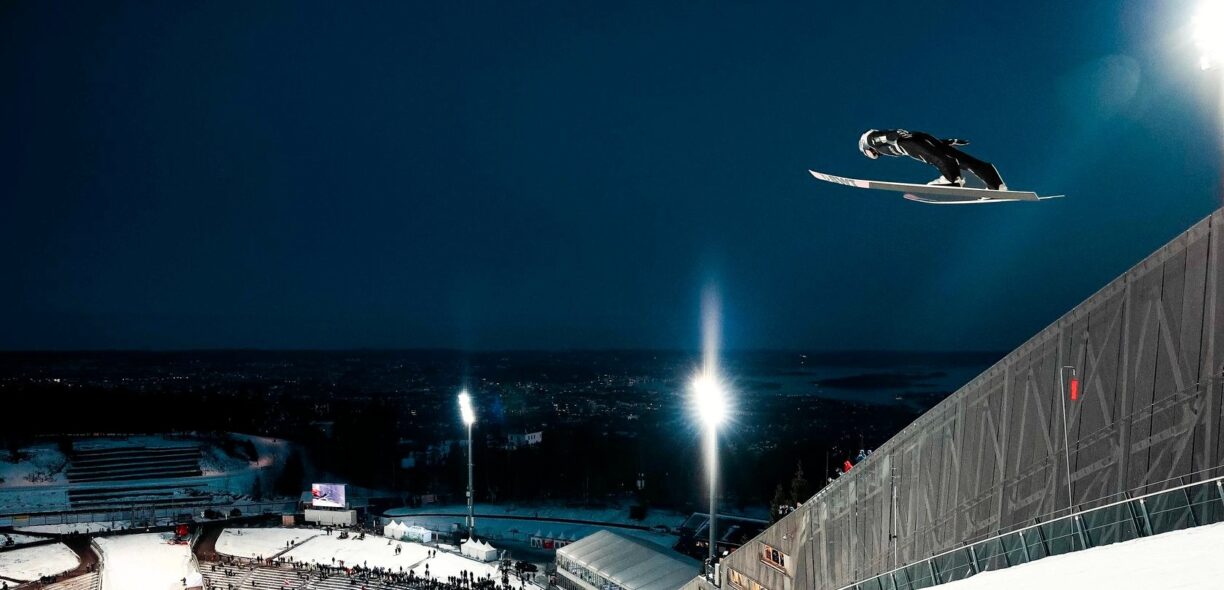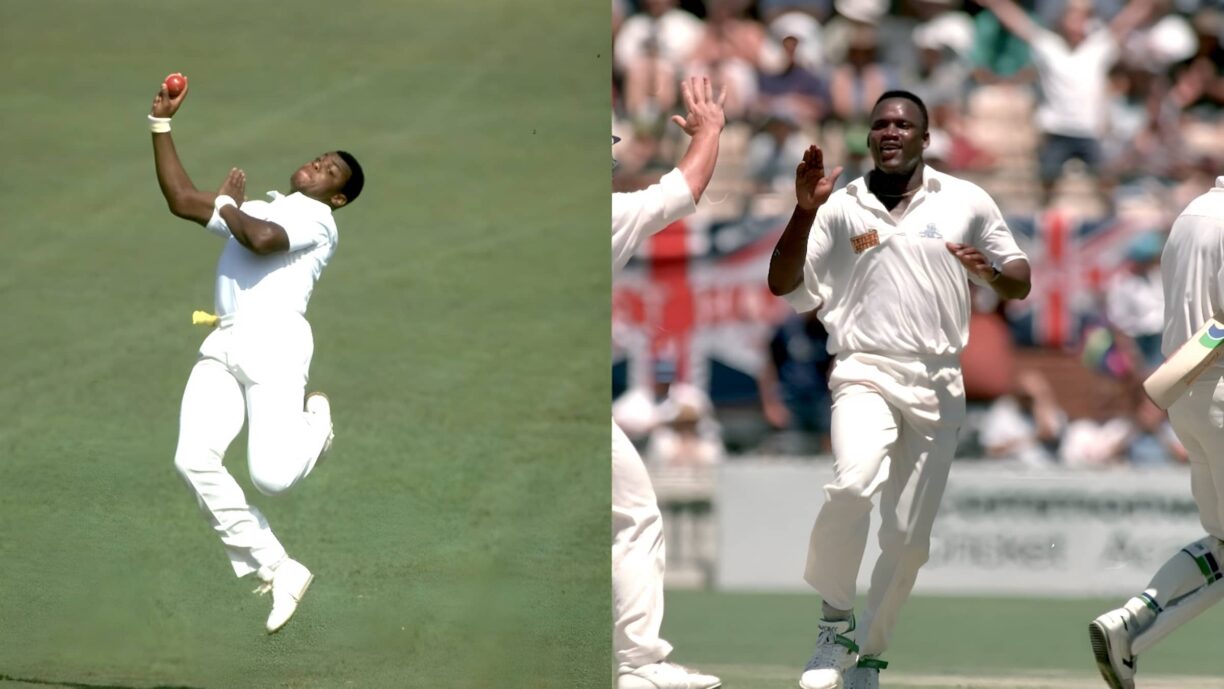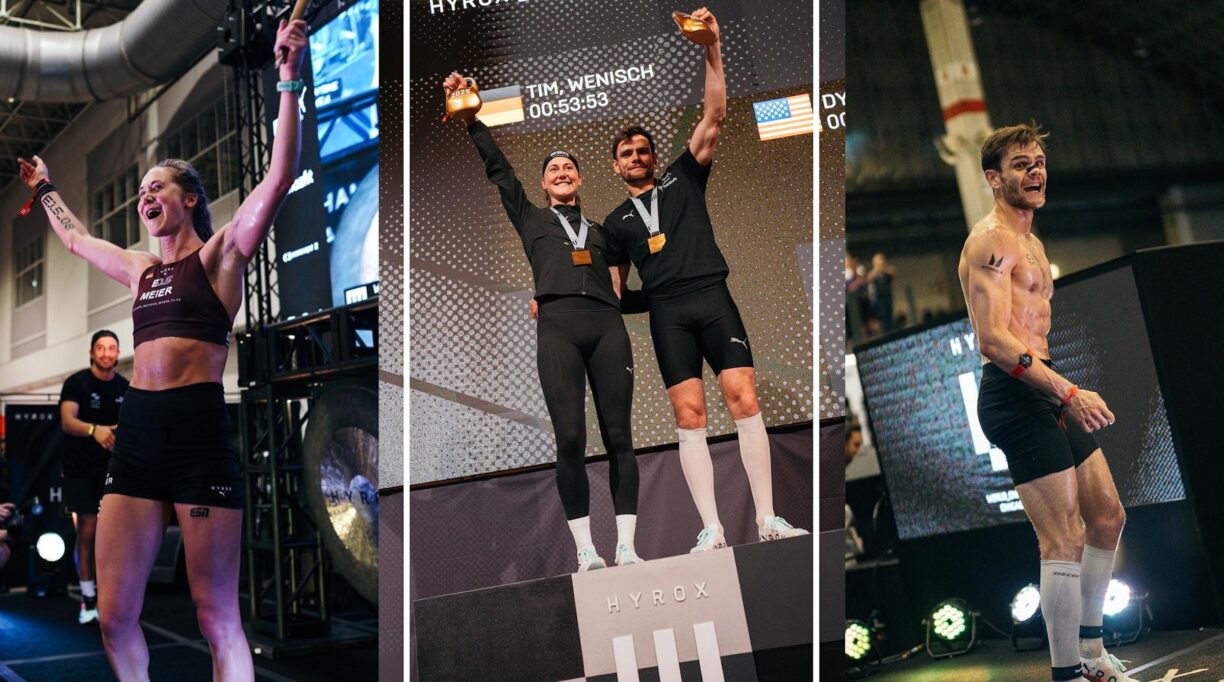Like with many aspects of our society, the world of sport has historically assumed a ‘male default’. Women in sport have long stood by the side lines, waiting for their moment to come into play.
Even the terms ‘women’s football’, ‘women’s athletics’, and ‘women’s — or sometimes ladies’ — tennis’, assume that there is something unusual, against the norm about a woman picking up a racket or running on to the pitch (we never hear it referred to as ‘men’s football’ after all).
In recent years however, women have worked tirelessly to change this perception and uproot the tired prejudices they have likely faced throughout their entire sporting career.
In 2019, the funding was finally starting to reflect the talent of women in the sporting world, while media coverage and public interest was beginning to peak.
We saw undeniable evidence of this during the 2019 FIFA Women’s World Cup, in which crowds gathered across the country to cheer on England’s Lionesses against the unstoppable United States Women’s National Soccer Team. Interest undeniably rocketed, largely due to long-awaited media coverage.
Google search trends around the term ‘women’s football’ saw an unprecedented spike during June 2019, proving that, when given the airtime, the public are keen to engage with and support women in sports.
The world of women’s sport is, like the rest of the industry, currently undergoing a crisis. With Covid-19 bringing sport to a shuddering standstill this year, the momentum that was growing around women in sport last year is in danger of falling flat.
What’s more, while men’s sport is looking to get back on track as soon as possible, women’s sport is facing a lengthier lockdown.
Recent announcements have even confirmed that Brazil has withdrawn its tournament hosting bid for the Women’s World Cup in 2023.
Commenting on this, Dame Tanni Grey-Thompson said, “we can’t just rush to get men’s sport back and not think about women’s sport.
There has to be a balance and diversity, otherwise some of the strides women have made could be lost.” In addition, Kelly Smith, a major trailblazer in women’s football here in the UK, argued that the women’s game had been “pushed aside” by an early end to the season.
Luckily, there are plenty of inspiring female sports stars who have taken it upon themselves to keep the momentum going. Unapologetically demanding our attention, these women have been raking in the trophies, speaking up about important issues, and inspiring fans everywhere over the past few years.
Needless to say, the most influential women in sport aren’t going anywhere. Here are the one’s to watch in post-lockdown women’s sport:
Naomi Osaka
At only 22, Osaka, an international tennis grand slam champion, has been named by Forbes as the highest-paid female athlete ever. Anyone who beats Serena Williams in the final of the US Open is sure to get our attention, and Osaka achieved this incredible feat at the age of 20.
Since then, Osaka has won two slam titles in her career and has been ranked number one by the Women’s Tennis Association. Furthermore, she remains the only player of Haitian or Asian descent to hold the top ranking in singles, and her list of breath-taking achievements goes on.
Osaka moved from Japan to New York at the age of three but later gave up her US citizenship so that she could represent Japan in the Olympics — a choice which Japan requires its athletes to make before the age of 22.
As well as taking the world by storm, Osaka has been involved with influential sportswear collaborations, while addressing matters of sexism and racism within the sports industry in Japan and internationally — two issues she has been subjected to during her young career.
Like Rapinoe, Osaka cultivates a strong following in her online community (with 1.1 million Instagram followers), and uses her platform for social activism and the championing of women in sports.
Megan Rapinoe
Winner of six global awards (the 2015 FIFA Women’s World Cup All-Star Team, the 2019 Ballon d’Or Féminin, the 2019 The Best FIFA Women’s Player, the 2019 FIFA FIFPro Women’s World XI, the 2019 FIFA Women’s World Cup Golden Ball, and the 2019 FIFA Women’s World Cup Golden Boot) Rapinoe’s international success is undeniable, and on par with the golden boys at the top of the dizzying heights of men’s football rankings.
In addition to her global success, Rapinoe is hugely influential and has a devoted fan base (including her 2.2 million Instagram followers). She has used this platform for activism, regularly speaking out about the gender pay gap in the sports world, LGBTQ+ rights, and the Black Lives Matter movement.
Dina Asher-Smith
The fastest woman in British history can’t fail to make the list of 2020’s most influential sports stars. After smashing national records, Dina Asher-Smith was named in the 2019 Powerlist as one of the UK’s most influential people with African, African-Caribbean and African-American heritage.
Not only has she smashed the British 100m record in London, but she also went on to break the British 200m and 4x100m relay records at the World Championships in Doha in Qatar. She is certainly one to watch for the rescheduled 2021 Tokyo Olympics!
Her background in park running in London is inspiring for young women everywhere. She has gone from strength to strength throughout her childhood and career, not to mention the 2:1 history degree she earnt at King’s College London. If there were ever an athlete that proved to young girls that they can excel in any way they choose, it’s Dina Asher-Smith.
Allyson Felix
Finally, we have another sprinter from the other side of the pond. Like Asher-Smith, Felix is no one-trick pony. In fact, she’s the only American track and field sprinter to compete in the 100 metres, the 200 metres, and the 400 metres.
In 2019, Allyson Felix sent shockwaves around the world when she secured her twelfth World Championships gold medal in the Doha World Athletics Championships. This twelfth gold medal surpassed Usain Bolt’s world record. She didn’t even stop there — going on to win a thirteenth on the final day of the championships.
If this wasn’t impressive enough, she did all this after giving birth to her daughter in November 2018 and taking on her sponsors over maternity rights, with one even planning to pay her 70 per cent less than before she’d had her child, leaving their contract at a standstill.
In recent years, women have shown resilience, power, and breath-taking talent throughout the world of sport. Although times are uncertain for the sports sector as a whole, these inspiring women are sure to bounce right back — they’ve already battled through adversity time and time again and inspired women everywhere, and there’s no doubt that they’ll be ready to get back into action in the post-lockdown world.




